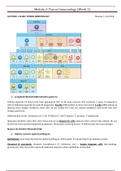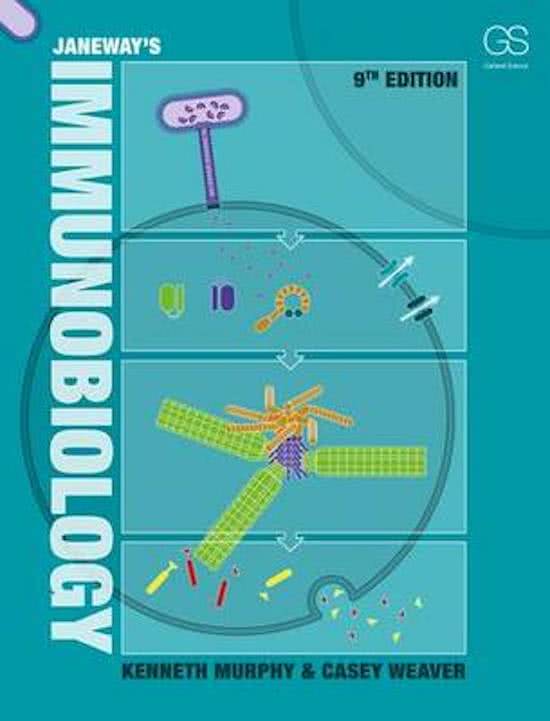Class notes
Lecture Notes - Tumor Immunology - week 1
- Course
- Institution
- Book
Lectures included: basic tumor immunology, cross-priming & cross-presentation, cross-talk between DC & macrophage in cancer, glycan alterations in immune escape mechanism, tumor & inflammation, MDSC/myeloid-derived suppressive cells, recombinant viral vector as cancer vaccine, tumor-immune cells in...
[Show more]




